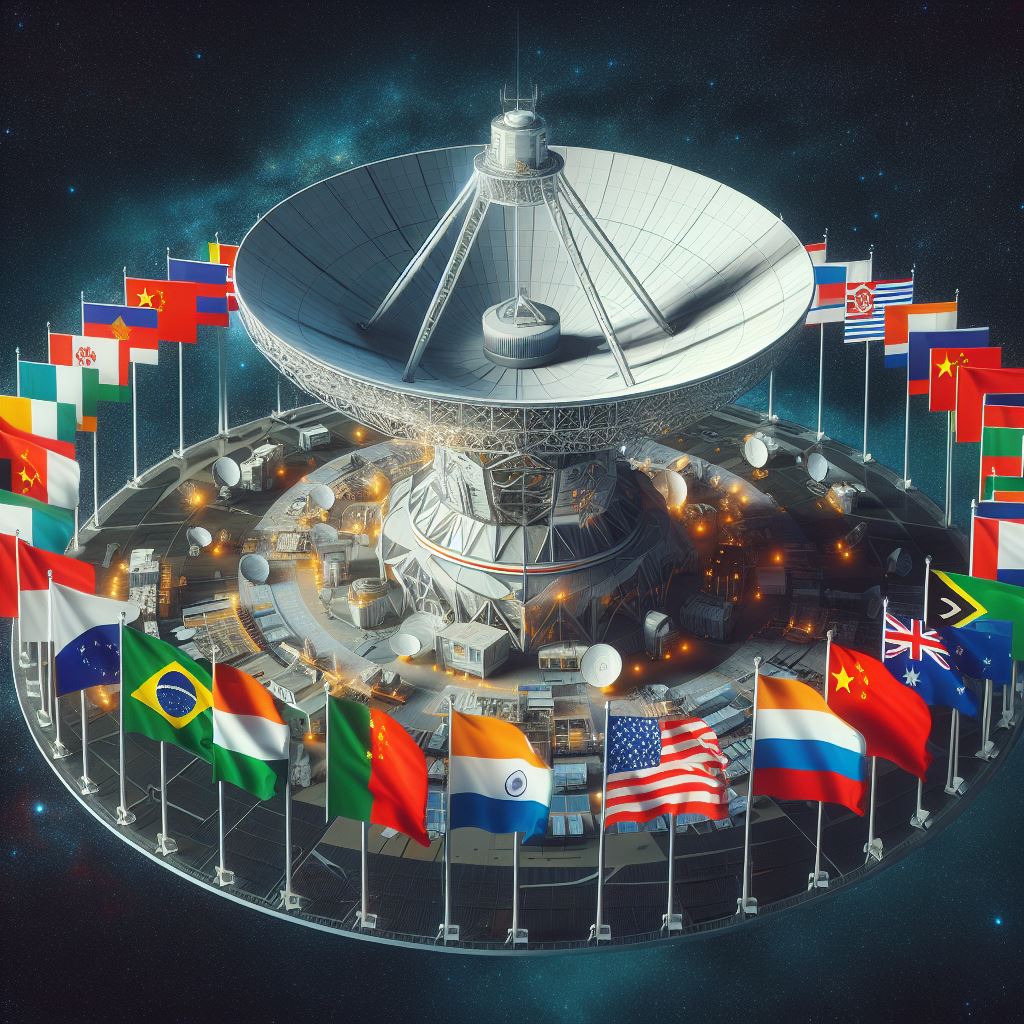
By Ron Faith
Nations across the world are achieving access to space and developing space capabilities like never before. What was once considered the domain of only the wealthiest and most technologically advanced countries is now becoming accessible to a much broader range of nations. This shift is not just about achieving new capabilities; it’s about fostering collaboration, enhancing security, and nurturing innovation in an interconnected world.
Accessibility: The cost of manufacturing and launching satellites into space has plummeted in recent years. This transformative change has opened doors for nations that previously could only dream of having their own space assets. Now, countries of varying sizes and resources can contemplate the myriad of capabilities that space offers.
Applications: The applications of these newfound space capabilities are as diverse as they are promising. From bolstering national security to monitoring natural disasters, to satellite IoT, the potential benefits are boundless. Nations can now harness the power of space technology to address pressing issues facing our planet, from environmental challenges to disaster response.
Forging New Alliances: As nations embark on their space endeavors, new alliances are forming, and existing ones are strengthening. Collaboration in space exploration is no longer confined to a select few; it’s becoming a global effort. Countries are pooling their resources, expertise, and infrastructure to achieve common goals. Moreover, with the rise of sovereign space systems, nations are ensuring their autonomy while also fostering interoperability with their allies’ systems. This duality of independence and collaboration ensures a robust and resilient space ecosystem.
The Artemis Accords: A Beacon of Cooperation: The Artemis Accords exemplify the spirit of international cooperation and collaboration in space exploration. Through these accords, nations commit to peaceful and transparent space exploration, paving the way for sustainable lunar exploration and beyond. By establishing common principles and standards, the Artemis Accords lay the foundation for a future where humanity explores the cosmos as one united species.
Developing space-based capabilities is also being done in the context of increased desire by nation states to have influence over their own digital domain. Data centers, undersea cables, and wireless networks are increasingly coming under the local watch of data sovereignty. There is a strong desire to have an option to land satellite data in their jurisdiction. This means increased demand for sovereign ground systems.
In this era of sovereign systems and interconnectedness, the possibilities in space are limitless. It’s a time of optimism, where nations, regardless of their size or resources, can aspire to reach for the stars and contribute to the collective advancement of humanity. As we gaze upward, let us remember that we need to bring that data back down to ground systems these customers can know and trust.
